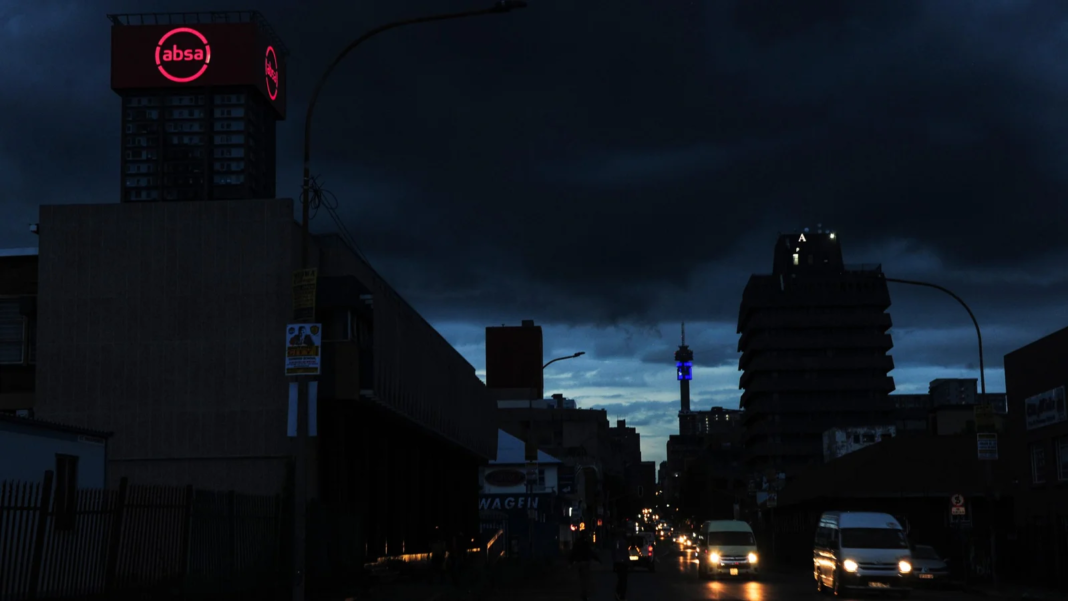Sierra Leone’s electricity authority has warned of more power cuts in the coming days as it carries out maintenance on a major transmission line, intensifying frustration among residents and businesses already weary of chronic blackouts.
The Electricity Distribution and Supply Authority (EDSA) said inspections and repairs will be conducted on the 33kV line linking the Kingtom and Wilberforce substations over a 13-day period, from Sept. 6 to Sept. 17. The work will disrupt supply in a wide swath of western Freetown, including Wilberforce, Lumley, Regent, Goderich and several coastal communities.
While the utility says the works are vital for long-term stability of supply, many Sierra Leoneans say they have grown disillusioned with repeated assurances as the outages worsen.
“We hear this every time – maintenance, technical problems, fuel shortages – but the reality is we live in darkness,” said Fatmata Jalloh, a mother of three in Imatt, who relies on charcoal to cook when her electric stove fails. “Our children cannot study, businesses are closing, and hospitals are suffering.”
For years, Sierra Leone, a nation of around 8 million people, has struggled with a fragile power grid heavily dependent on expensive imported fuel and ageing infrastructure. Supply is intermittent even in the capital, Freetown, while most rural areas remain largely off the grid.
Blackouts have become so frequent that many families spend a significant portion of their income on candles, solar lanterns or small diesel generators. Businesses, from fishmongers to restaurants, say losses are mounting as freezers defrost and customers stay away.
“Every day without power costs us money,” said Abdul Sesay, who runs a cold-storage facility in Goderich. “We are forced to buy fuel at high prices just to keep fish from spoiling. It’s not sustainable.”
Hospitals, too, are under strain. Health workers say backup generators cannot always keep pace with the power cuts, endangering patients who depend on oxygen machines, incubators or other equipment. “We cannot run a modern health system like this,” said a doctor at a Freetown clinic who asked not to be named.
Analysts warn that unreliable electricity is undermining Sierra Leone’s fragile economy, deterring investment and slowing industrial growth. Tourism and hospitality businesses along the Atlantic coast, once seen as engines of job creation, complain that guests leave hotels early when the lights go out.
The World Bank estimates that only about a quarter of Sierra Leone’s population has access to electricity, among the lowest rates in West Africa. Experts say improving generation and distribution is crucial to the country’s long-term development.
But with inflation eroding incomes and unemployment rising, many Sierra Leoneans say they have little confidence in official promises. “We are told to be patient, but people are fed up,” said Alusine Kamara, a student in Regent. “Without light, there is no future.”
EDSA insists that the maintenance work is essential to stabilising the grid and has apologised for the inconvenience. But for many residents, the announcement is yet another reminder that darkness has become the norm.
By Joe Turay



